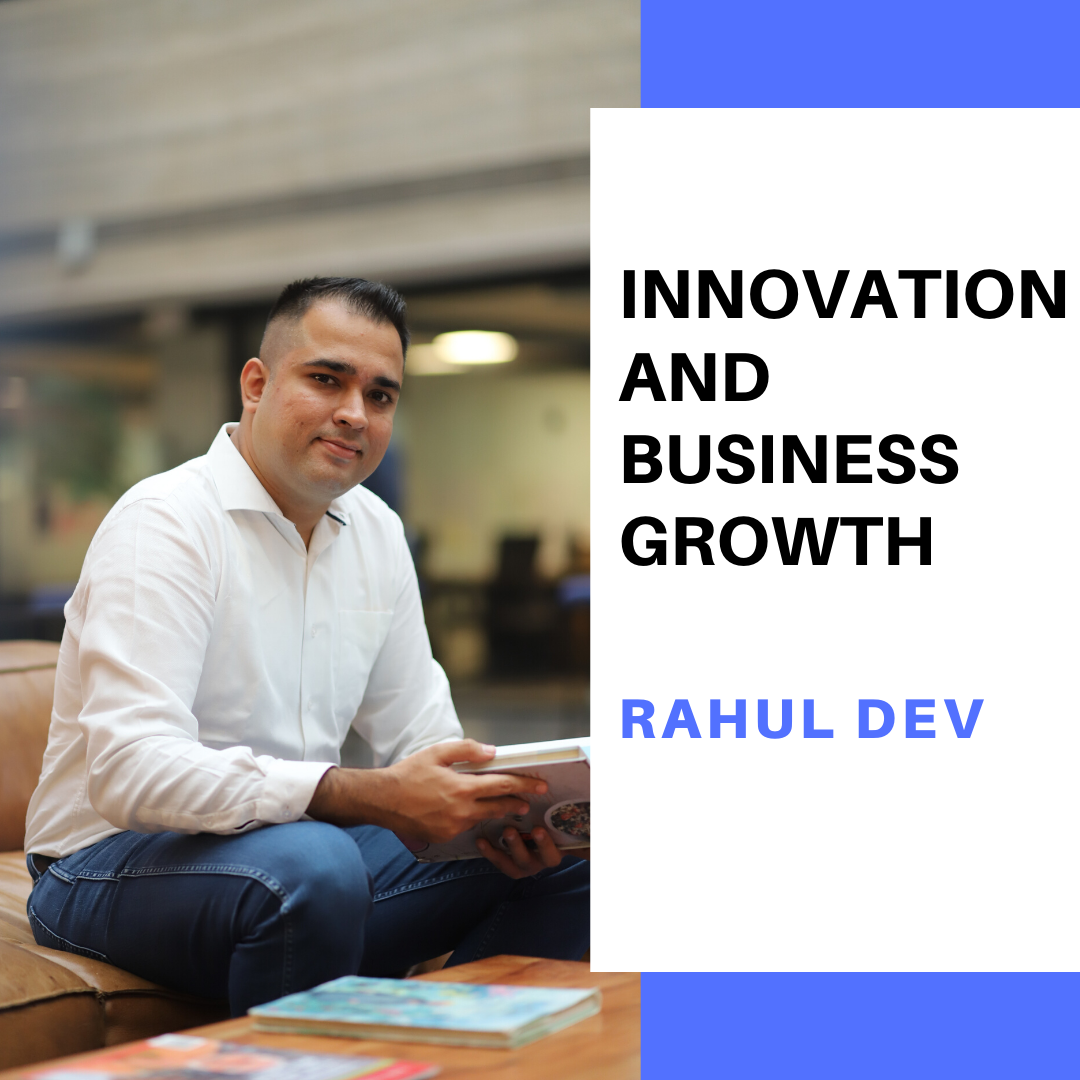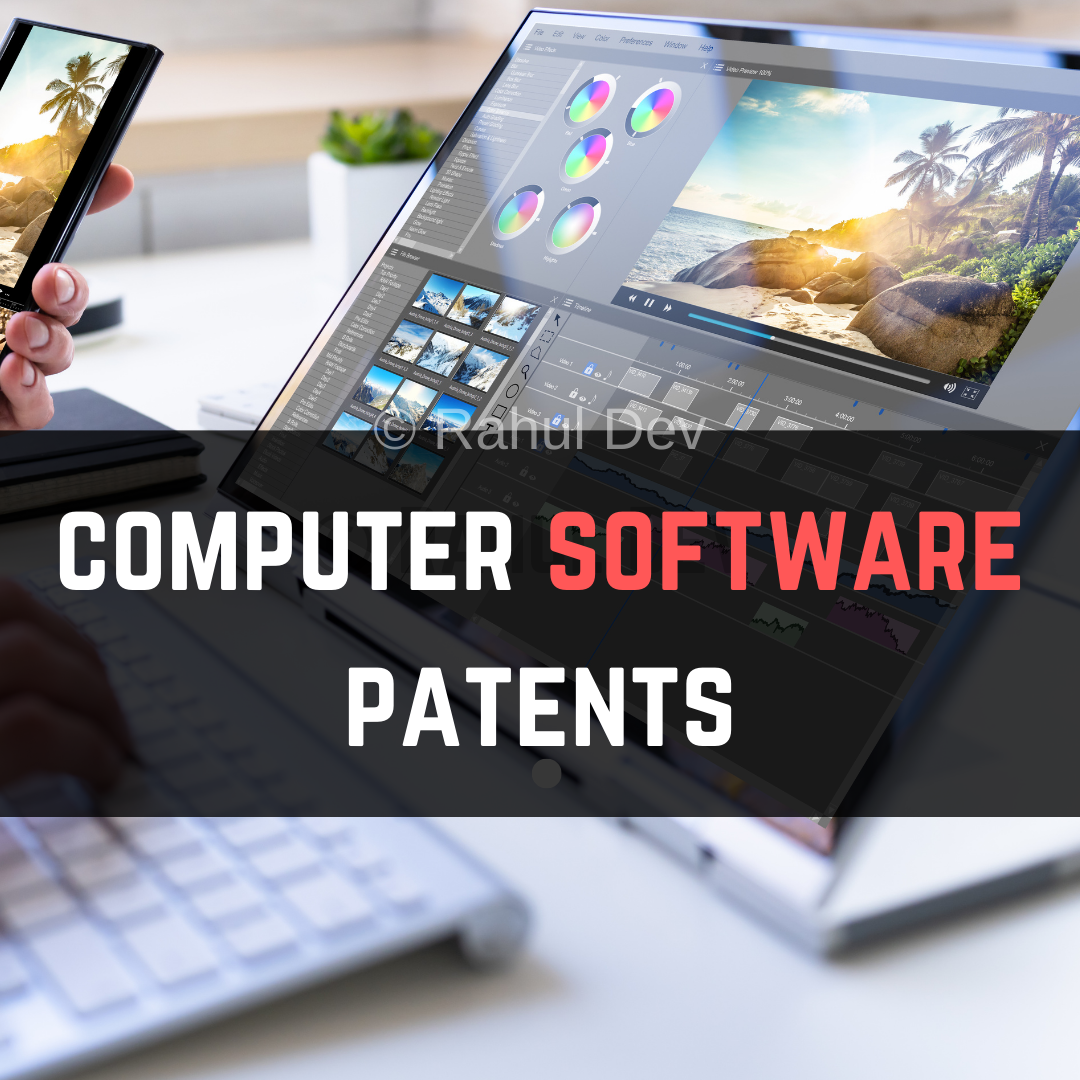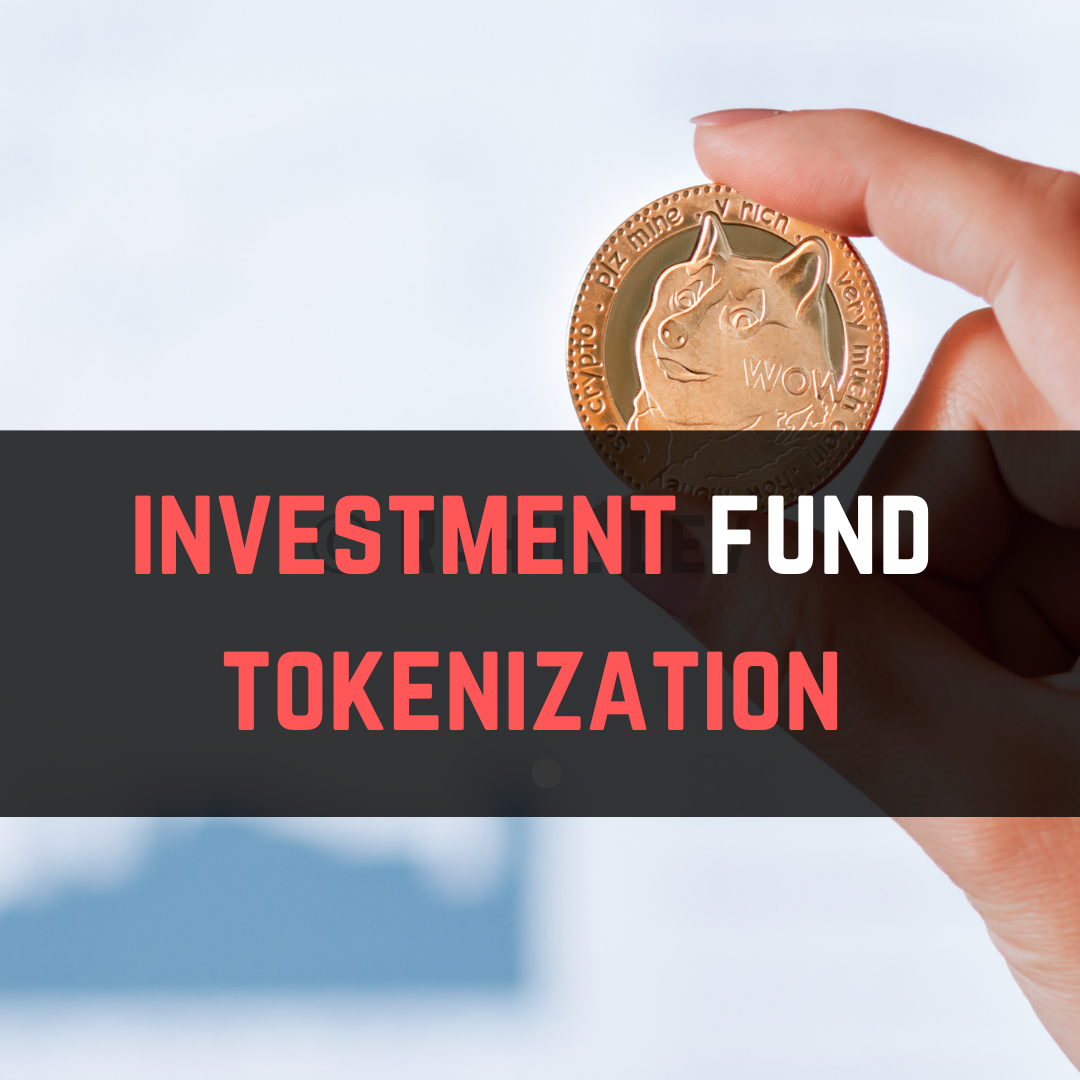Novelty and Originality
Novelty – Section 4, 16, and 21
A design is deemed to be new when it has not been revealed to the people by publication, by practice, or in any other way, before the filing date or priority date. The design is regarded as new if it is considerably different from recognized designs or a variety of recognized designs.
If the disclosure of the design is done by the proprietor to any other individual before registration, in good faith, and that individual discloses the same then such disclosure does not invalidate the registration.
The acceptance of initial and confidential order, before registration, for articles carrying a new textile design aimed at registration does also does not invalidate the registration. Further, a design is not discouraged from registration if it has been displayed in an exhibition under Section 21 of the Act by the Central Government, if its description is disseminated, during or after the exhibition, or if any individual displays or circulates its description, during or after the exhibition, without the consent of the owner.
Nevertheless, to obtain the advantages of this provision, the owner must give notice through Form-9 to the Controller before displaying the design, and apply for registration within 6mos from the date of initial exhibition or publication.
Originality – Section 2(g)
Originality concerning a design, implies that it emanates from the creator of the design, and contains the cases that are new in their application. For example, the symbol of the Taj Mahal has been used for years but if an individual conceives the same idea by creating a flower vase in the shape of a Taj Mahal, it is considered as an original design.
Novelty Search – Section 4 and 5
The Examiner performs a novelty search in the accessible databases to verify the originality of the design. The search is executed based on the class and article to confirm if the applied design is considerably unique from the earlier designs. If the design is not original, the Examiner conveys the information to the Controller, along with the citations.
Specific Provision concerning previously Registered Designs – Section 6(3) and 6(4)
The term of the copyright of the design will be co-terminus with the period of the earlier registered design. In the examination, if it is established that the design is previously registered by another individual for another article, the design can be registered solely if the applicant is a registered owner of the registered design.
Public Order and Morality – Section 5(1) and 35 (1) Security of India – Section 34 and 46
The Controller will assess the Examiner’s report and if the design is registrable, the same will be registered. The registration certificate is granted and transmitted to the applicant. If the Controller infers that the objections are unfavorable to the applicant; a statement of objection is conveyed to the applicant by the Controller.
If written submissions are documented, while the recourse of the hearing is not used by the applicant; no additional opportunity will be given and the matter will be determined based on the written submissions. However, If the applicant complies with all the prerequisites of the Act; and Rules, conveyed in the statement of objections, the application will be registered.
All the registered designs are documented in the Register of Designs in Kolkata. The register is accessible for inspection on the official website. It provides the names and addresses of the registered proprietor, its registration number, class, date of filing in India. It also provides the date of filing in Convention Country; and any other topic which would influence the fact proprietorship of the design.







